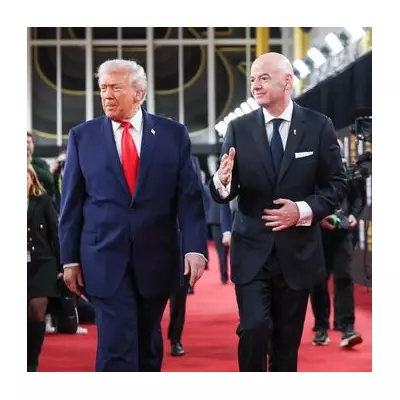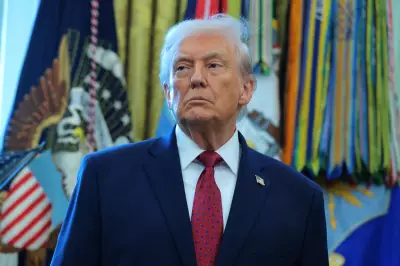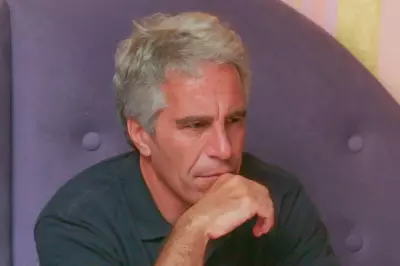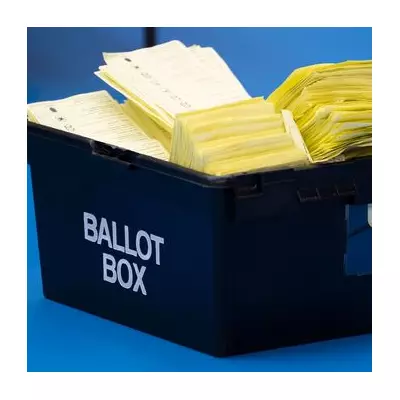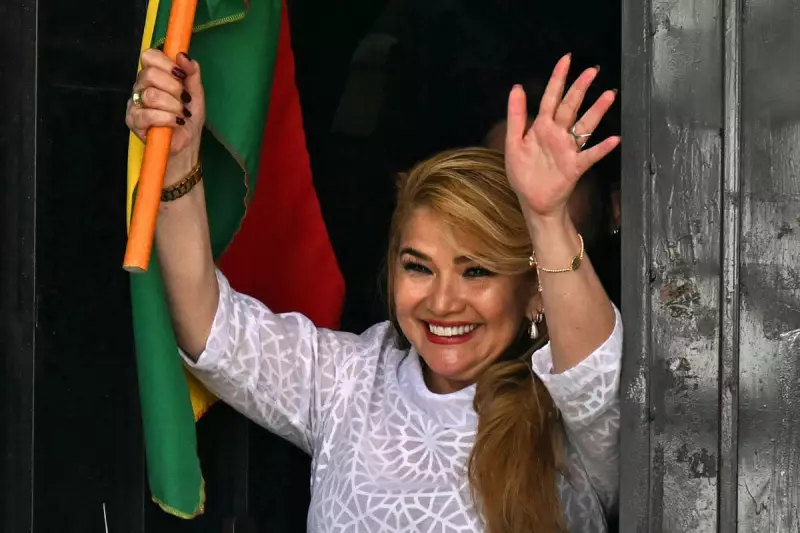
In a dramatic legal development that has sent shockwaves through Bolivian politics, former president Jeanine Áñez has walked free from prison after a court overturned her controversial 13-year sentence.
The 57-year-old former interim leader had been imprisoned since March 2021 on charges of terrorism and sedition related to her assumption of power following the resignation of Evo Morales in 2019. Her release comes after a La Paz court ruled that her constitutional rights had been violated during the original proceedings.
A Nation Divided
Áñez's imprisonment had become a focal point of international concern and domestic political division. Supporters maintained she was a political prisoner, while critics argued she was properly convicted for her role in what they described as a coup against Morales.
The former senator had consistently denied all charges, claiming they were politically motivated retaliation from the Movement for Socialism party of current President Luis Arce and his predecessor Evo Morales.
International Pressure Mounts
Human rights organisations and several foreign governments had repeatedly expressed concern about the conditions of Áñez's detention and the fairness of her trial. The European Parliament had previously called for her release, while the United Nations Working Group on Arbitrary Detention had declared her imprisonment unlawful.
Her health had deteriorated significantly during her incarceration, with family members reporting she required regular medical attention for various conditions exacerbated by prison conditions.
What Comes Next?
While Áñez's release marks a significant moment in Bolivia's turbulent political landscape, legal experts caution that the case is far from over. The prosecution has indicated it may appeal the decision, potentially setting the stage for further legal battles.
The development comes at a delicate time for Bolivia's government, which faces growing economic challenges and political tensions ahead of future elections. How this ruling will affect the country's fragile political balance remains to be seen.
As Áñez reunites with her family, Bolivia once again finds itself at a political crossroads, with this landmark decision likely to reverberate through the nation's institutions for months to come.


